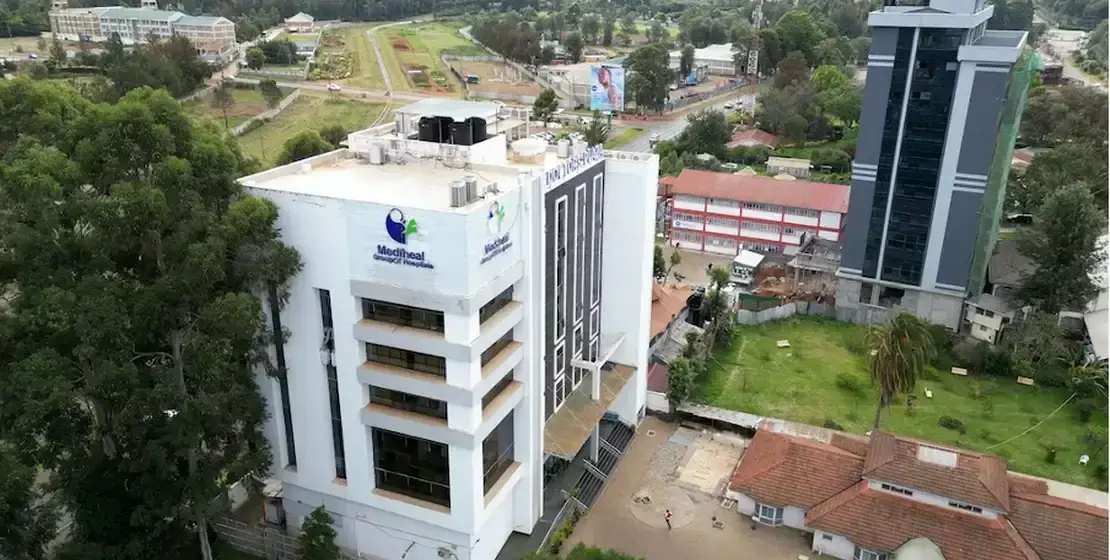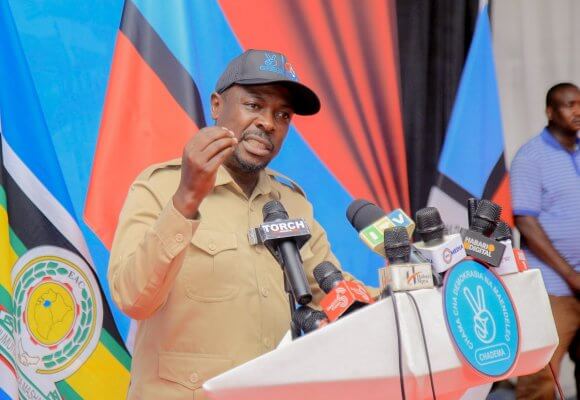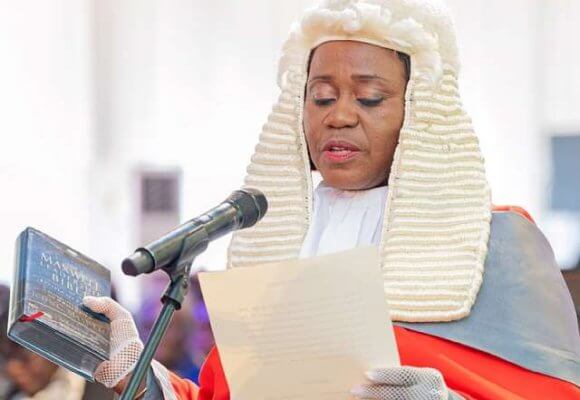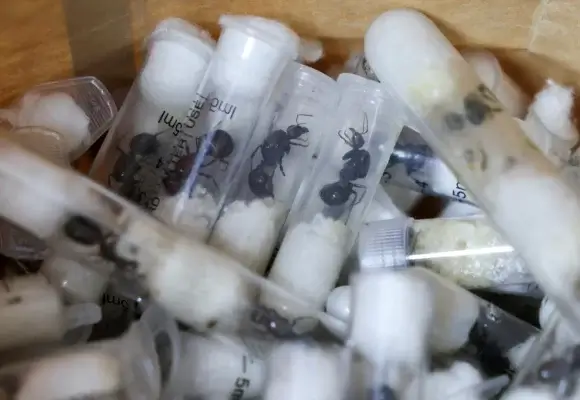|
LISTEN TO THIS THE AFRICANA VOICE ARTICLE NOW
Getting your Trinity Audio player ready...
|
Mediheal Group of Hospitals, a prominent healthcare provider in Kenya, is at the center of a complex and escalating situation involving serious allegations of malpractice and ethical violations, including potential involvement in illegal human organ trafficking. These allegations have triggered multi-pronged investigations by Kenyan authorities, along with the suspension of transplant services at the hospital and growing concerns about adherence to international standards in organ transplantation.
Kenya’s Directorate of Criminal Investigations (DCI) Tuesday, April 22, 2025, officially launched a formal investigation into the allegations. The DCI’s Transnational Organized Crime Unit (TOCU) is spearheading this effort, consolidating previous reports, gathering new testimonies, and conducting forensic analyses. The DCI has also called on the public to provide any relevant information to assist in their investigation, emphasizing their commitment to a thorough and just process.
In parallel, the Kenyan Ministry of Health last Thursday, April 17, suspended all organ transplant services, particularly kidney transplants, at Mediheal Group of Hospitals. This suspension was prompted by “credible concerns” about the facility’s adherence to required ethical transplant procedures. The country’s minister for health, Aden Duale, appointed an independent expert committee comprising transplant experts from public and private health facilities, professional associations, and regulatory bodies to conduct a comprehensive audit of all kidney transplant services at Mediheal hospitals over the past five years. The committee will focus on governance, clinical practices, ethical compliance, and patient safety protocols, and is expected to submit a report within 90 days. To ensure the integrity of the investigation, the Ministry of Health also suspended two senior officials: Dr. Maurice Wakwabubi, the acting head of Kenya Blood Transfusion and Transplant Services (KBTTS), and Dr. Everlyne Chege, the technical lead who chaired a previous ministry probe.
The National Assembly’s Health Committee, led by Seme MP Dr. James Nyikal, also initiated its own investigation on Tuesday, April 22. This parliamentary inquiry will examine the broader landscape of organ transplant services in Kenya, driven by wider concerns about patient safety and regulatory compliance. Dr. Nyikal articulated the gravity of the situation, stating, “This is a serious matter that touches on the dignity of life and the reputation of Kenya’s medical profession. We intend to get to the bottom of it.” The committee’s investigation will delve into critical questions, including whether Mediheal’s procedures adhered to national health and tissue laws, whether there is evidence of organ commercialization, and whether donors provided informed consent or were subjected to coercion or deception.
These multiple investigations were prompted by growing public outcry and a recent exposé by Deutsche Welle, the German national broadcaster, that cast a spotlight on Mediheal’s potential violations of international transplant ethics. A central concern is the alleged practice of “transplant tourism,” where patients from outside Kenya receive organs from local donors under circumstances that raise serious ethical and legal questions. The allegations suggest the possibility of organ commercialization, which is widely condemned by international medical bodies.
Mediheal’s legal team, in a statement released on Tuesday, April 22, sought to project an image of transparency and accountability. “We are clean, our services are clean,” the lawyers asserted. “We have all the records to prove our processes are above board. We are inviting the government to audit us. The patients are there, willing to testify. We believe that at the conclusion of the audit, we will receive a clean bill of health and continue with our services.”
The Kenya Renal Association had previously raised alarms about these issues. In a statement issued on May 3, 2024, the association highlighted testimonies detailing alleged coercion, inadequate informed consent, and potential financial inducements. These practices, the association emphasized, violate both Kenyan law and internationally recognized ethical standards for organ transplantation.











LEAVE A COMMENT
You must be logged in to post a comment.